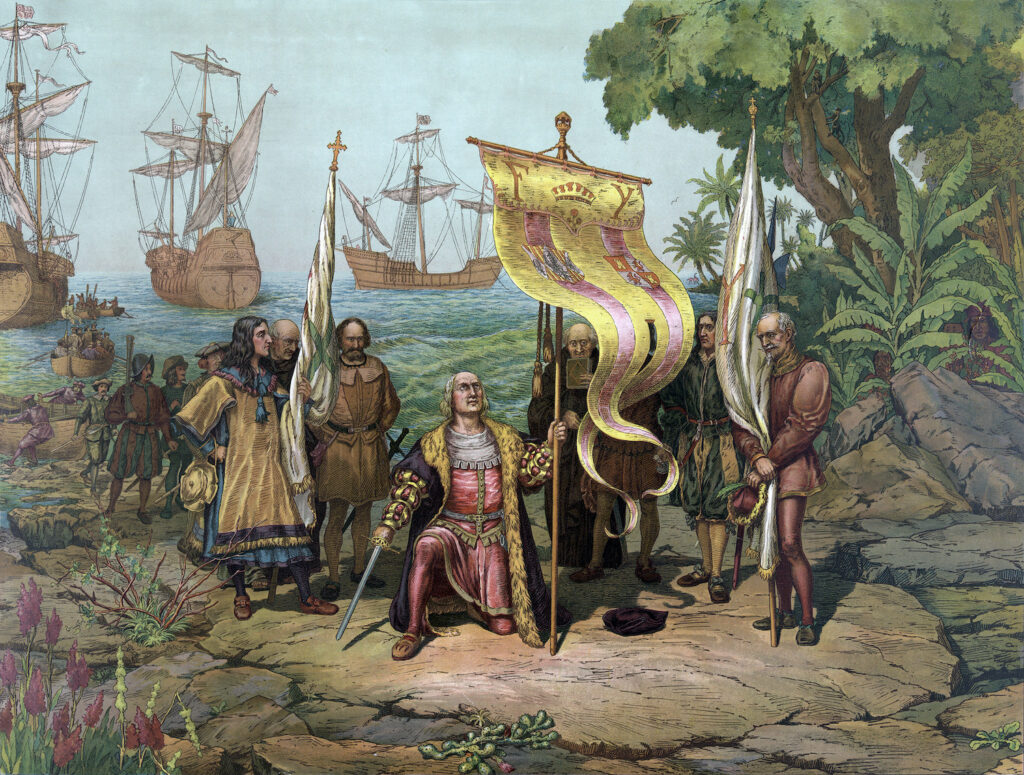In a world where the present often feels overwhelming, the past has beckoned with its tales and lessons, offering a refuge and a mirror. There’s been a resurgence of interest in history, not just as a subject of study but as a means of connection and introspection, especially among younger generations. This renewed passion for historical narrative has permeated various media, from literature and podcasts to social media, making history more accessible and engaging than ever.
The Rise of Historical Media
The fascination with history has found a vibrant resurgence, particularly in the form of podcasts, which offer a compelling blend of storytelling and factual recounting. Take, for example, the immense popularity of « The Rest is History » podcast by Tom Holland and Dominic Sandbrook, which delves into the lives of iconic figures such as Mozart and Beethoven. Their live events sell out, drawing in crowds eager to hear historical narratives come to life. This trend isn’t confined to audio formats; it extends into books and even television, proving that stories of the past resonate widely in today’s culture.
Moreover, podcasts like « Hardcore History » by Dan Carlin, which captivates millions of listeners, demonstrate that there’s a keen appetite for in-depth, richly detailed stories from our collective past. There’s something about understanding past chaos that gives context to today’s complexities, providing both solace and insight.
A Personal Connection to the Past
One might wonder why history has become such a focal point now. In part, it fills a deep-seated need for connection. Historical stories bring people together, offering a shared narrative that defies the isolation often felt in modern digital life. They invite us to explore different times through a lens that reflects both our current values and the timeless human condition.
In countries like the United States, where historical book sales have surged, people reach out to history as a way to understand their identity and position in an ever-complex world. Books and media focusing on pivotal historical events and figures provide more than entertainment; they offer a means to engage with and understand socio-political contexts.
Engaging the Younger Generations
For many young people, history is not just about learning past dates and events but about finding relevance in those stories. Platforms like TikTok and YouTube have revolutionized how historical content is shared, using short, engaging videos to reach new audiences. Young creators are turning to these platforms to share historical content in bite-sized, relatable formats. This harnessing of contemporary media has made history lessons more dynamic and approachable.
The Role of Social Narratives
Beyond just recounting events, the new historical narratives on platforms like Substack or social video apps have embraced diverse stories, often overlooked in traditional academic contexts. These narratives include tales from varied racial, cultural, and gender perspectives, highlighting the multifaceted tapestry of human experience.
For instance, Heather Cox Richardson’s newsletter, « Letters from an American, » reaches an ever-growing audience by linking historical insights to current political climates, showing that history can be both enlightening and a powerful tool for civic engagement.
This broadened scope encourages a more inclusive understanding of history, not just as a Western-centric narrative but as a global and richly diverse chronicle of humanity. Consequently, while academia might struggle with declining enrollments in humanities, the general public’s interest in history narratively presented is on the rise.
In a time marked by rapid change and uncertainty, history offers a beacon. It serves not merely as an account of our past but as a means to understand our present and navigate our future. In celebrating both triumphs and tragedies, history remains the steadfast foundation upon which we build our collective identity.
